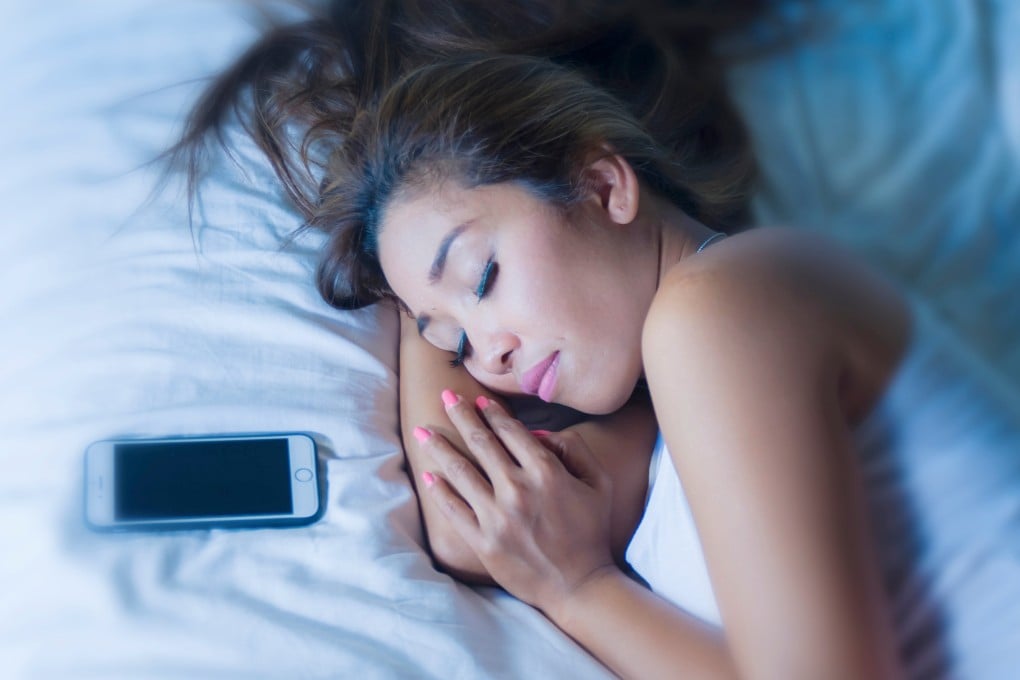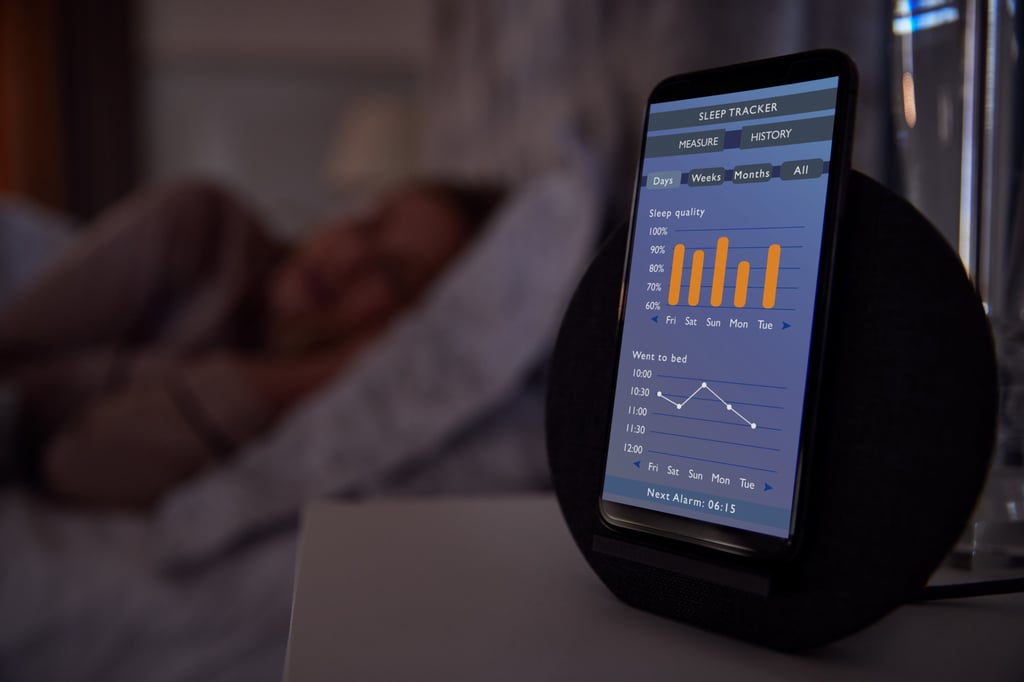Can sleep trackers and white noise apps really help you slumber? Experts explain
- Sleep trackers, white-noise apps and other digital sleep aids are supposed to make falling asleep easier and our sleep better, but experts are not so convinced
- They agree that while the technology has its uses, most important is for people to learn how to relax and to rely on their own body awareness

Digitalisation has transformed many aspects of our lives, including the realm of sleep.
Sleep apps, white-noise devices and other digital sleep aids are supposed to make falling asleep easier and our sleep sounder.
But can they really help remedy sleep disorders?
Take sleep trackers, for instance. If you’ve got a smartwatch or fitness tracker, you can use it to gather information on the quality of your sleep.
“The existence of sleep trackers is fundamentally a good thing because they heighten awareness that sleep has a very important biological function,” says Dr Hans-Günter Weess, head of the Interdisciplinary Sleep Centre at the Palatinate Clinic for Psychiatry and Neurology, in Germany.

Sleep is the body’s most important regeneration and repair programme, he says, but then takes closer aim at sleep trackers.